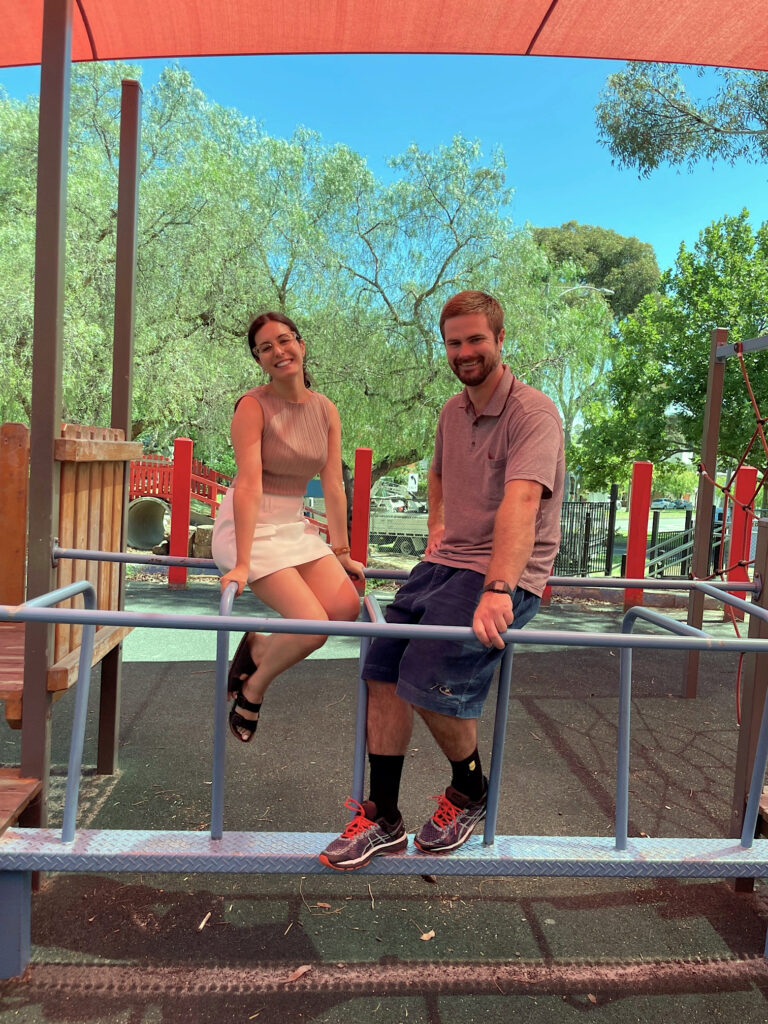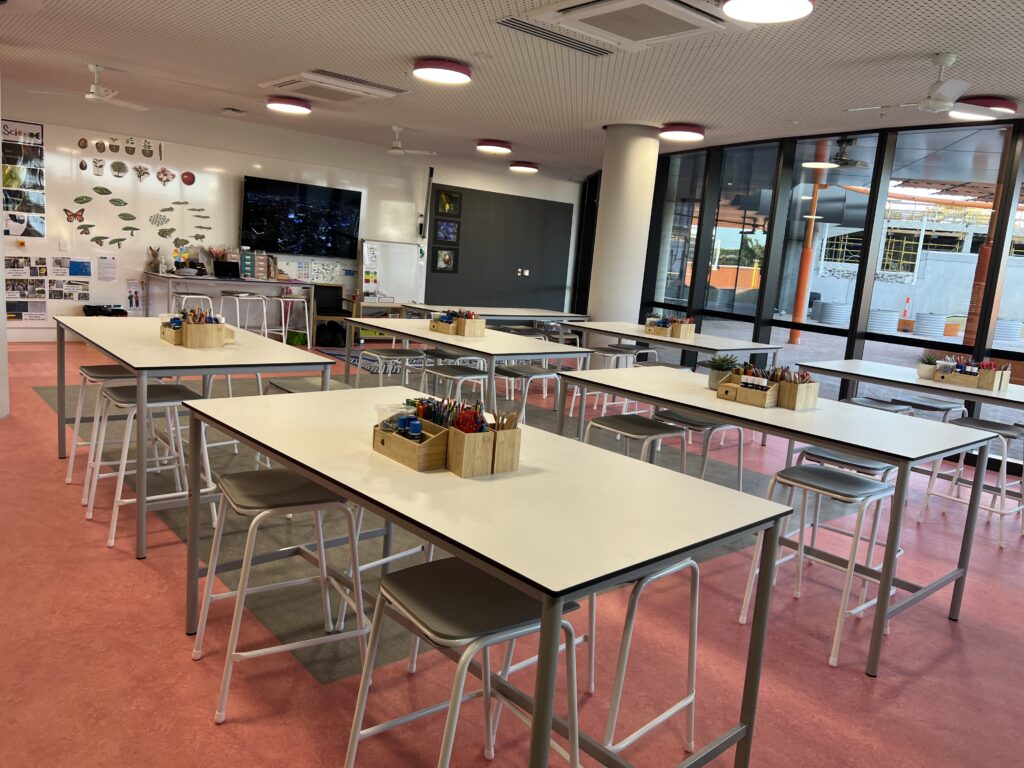Teaching Team

Julia- Prep to Year 2
Nick Sell- Years 3-6
Term 2 Curriculum Overview
Prep – Living Things:
In Term 2, Preps will be exploring the Biological Sciences. They will be focusing on living things, including their basic needs – such as food and water. Students will make connections for humans’ needs based on their own experiences. They will also be investigating the needs of living things in a range of situations, such as pets in the home and plants in a garden. Students will be building inquiry skills, including questioning, predicting, conducting experiments and activities, as well as recording and collaborating information in a hands-on, fun and visual way.
Year 1 – Fur, Feathers, Skin and Scales:
In Term 2, Year 1s will be exploring the Biological Sciences. They will be focusing on identifying a variety of common external features of living things, such as head, legs and wings on different animals. Students will investigate and describe the different purposes of these body parts. Students will also be building on inquiry skills, including questioning, predicting, conducting experiments and activities, as well as recording and collaborating information in a hands-on, fun and visual way.
Year 2 – Lifecycles in Animals:
In Term 2, Year 2s will be exploring the Biological Sciences. They will be focusing on how living things grow, change and have offspring similar to themselves. Students will consider their own personal growth, and how they have changed since birth. They will identify that living things have predictable characteristics at different stages of development. Students will also investigate the different characteristics of life stages in animals, such as egg, caterpillar and butterfly. Students will be building inquiry skills, including questioning, predicting, conducting experiments and activities, as well as recording and collaborating information in a hands-on, fun and visual way.
Year 3 – Classification:
In Term 2, Year 3s will be exploring the Biological Sciences. They will be focusing on classification of different animal species into groups depending upon their structure, body features like vertebrates and invertebrates, habitat, living conditions and diet. Students will be developing an understanding and researching about the growth and conservation of these species through various human and natural interventions. Students will also be building on inquiry skills, including questioning, predicting, conducting experiments and activities, as well as recording and collaborating information in a hands-on, fun and visual way.
Bonus topics include the Digestive and Excretory Systems.
Year 4 – Circle of Life: Foodchains & Ecosystems:
In Term 2, Year 4s will be exploring the Biological Sciences. They will be exploring the theme of Circle of Life, which would allow them to develop an understanding about the importance of ecosystems for existence and the dependency of animal species on each other as a part of the food chain. Students will also learn about different environmental factors that affect the life cycles of plant and animal species. Students will be building inquiry skills, including questioning, predicting, conducting experiments and activities, as well as recording and collaborating information in a hands-on, fun and visual way.
Year 5 – Survival Adaptations:
In Term 2, Year 5s will be exploring the Biological Sciences. They will be focusing on Survival Adaptations in plants and animals. Students will be considering weather, climatic conditions and predators and observe the corresponding adaptations made in terms of camouflage, habitat and living conditions of various living species. They will also investigate plant anatomy and adaptations using microscopes as well as beginning conversations on genetics, breeding programs (eg. in zoos) and cross breeding in plants. Students will be building inquiry skills, including questioning, predicting, conducting experiments and activities, as well as recording and collaborating information in a hands-on, fun and visual way.
Year 6 – Growth:
In Term 2, Year 6s will be exploring the Biological Sciences. They will be focusing on growth of different plant and fungal species and the effect of the environment on their development. They will also be investigating the role of soil and light, as well as natural and artificial fertilisers, on the different stages of growth. Through this unit, students will be looking at the extreme conditions in which some exotic species can flourish in extreme conditions. Students will also be building on inquiry skills, including questioning, predicting, conducting experiments and activities, as well as recording and collaborating information in a hands-on, fun and visual way.
Bonus topics include the Skeletal and Respiratory Systems.

